The Ph.D. program in biomedical engineering is the culmination of a student's education. This graduate degree prepares students to pursue independent research careers. In addition to completing the core curriculum, students must also complete a qualifying examination, submit a thesis proposal, and complete a teaching requirement. A Ph.D. dissertation is a written presentation of the research and the results of the student's research. It discusses broader implications of the work and identifies directions for future research.
The Ph.D. curriculum allows Ph.D. students to focus on a single research project, which gives them the flexibility to choose the courses they want. The dissertation itself must be original and not have been previously published. Typically, the dissertation committee is made up of two primary BME faculty members and one faculty member from another department. Other researchers and scholars are often included on the committee, which can be completed by submitting a Special Appointment in the Engineering request form with the biomedical engineering department.
The course requirements for the BME Ph.D. vary depending on the student's choice and the research area he or she chooses to pursue. The curriculum includes coursework in engineering, mathematics, life sciences, and the sciences. Students may be required to complete a dissertation as part of the degree program. The doctorate is a rigorous program, but the career opportunities are plentiful. In addition to advancing your career, a BME degree opens doors for many other fields and professions.
Ph.D. in Biomedical Engineering Eligibility
Candidates who want to take admission in Ph.D. must have a post-graduate degree in Biomedical Engineering and its relevant discipline with at least 55% marks from a recognized university and must have passed the national level entrance examination or university level entrance examination. National level entrance exams like UGC NET / UGC CSIR NET / GATE / SLET or University entrance exams consist of written tests and personal interviews.
The Benefits of a Ph.D. in Biomedical Engineering
There are several advantages to earning a Ph.D. in Biomedical Engineering. For starters, you will be trained to deal with the interface between an engineered system and a living organism. That way, you will be able to make the best use of your knowledge in the field. Additionally, you will have access to the latest medical research and technology. This is an exciting field to work in, and you'll likely enjoy the job.
When you graduate from a Ph.D. in Biomedical Engineering program, you'll have a good job. This field is booming, and you can expect to earn between $85,000 and $134,620. Additionally, you'll be qualified to apply for management and supervisory positions. This will give you more earning potential. In addition, you'll have the ability to work on innovative projects that impact the lives of countless people.
A Ph.D. in Biomedical Engineering allows you to work independently as a scientist. It provides the experience and knowledge that you need to develop your own business. In addition, it gives you the chance to network with scientists and researchers. A Ph.D. also allows you to work with industry leaders. Having a master's degree in Biomedical Engineering does not guarantee you employment. Most positions require a Ph.D. or a master's degree plus years of relevant experience.
The Career and Job Opportunities of Ph.D. in Biomedical Engineering
In addition to research, biomedical engineering requires a high level of scientific knowledge. You'll have to have a good grasp of the medical and life sciences, as these are not traditionally taught in traditional engineering programs. A Ph.D. in biomedical ed. will prepare you to work in the field of biomedical engineering, but you'll need to be willing to work in other areas of science as well.
While biomedical engineering is a unique area of science, the industry is constantly innovating and becoming more computer-based and analytical. A Ph.D. in biomedical engineering combines the humanistic component of science with advanced technology. Some of the most common applications of biomedical engineers are implantable cardiac pacemakers, joint replacement implants, tissue-engineered skin, and novel drug delivery systems.
The Future Scope of a Ph.D. in Biomedical Engineering
With an MSU Ph.D. in biomedical engineering, you will have a rewarding and successful professional career. This degree can lead to a variety of positions in the medical field, including cardiologists and cardiac pacemakers. The future scope of a Ph.D. in biomedical engineering is varied. In addition to developing medical devices, biomedical engineers can help improve the quality of life of patients.
A Ph.D. in biomedical engineering will allow you to work with the principles of the medical sciences. This interdisciplinary field will allow you to develop the most advanced technologies and processes that will make medical care more efficient. The field of biomedical engineering is fast-growing, and job prospects are highly competitive. The future of this profession is promising, as the field is interdisciplinary.
With a strong background in science and mathematics, a career in biomedical engineering will offer a rewarding career. Additionally, many jobs in this field involve applying engineering principles to real-world biological problems. A Ph.D. in biomedical engineering will be useful in a number of fields, including medical devices and the field of precision mechanics. When it comes to job prospects, the field of biomedical technology is one of the most dynamic and expanding fields in science.
Ph.D. Research Programme duration
The Ph.D. in Biomedical Engineering course is a minimum of 3 years and a maximum of 5 years in duration. This depends on the university offering the course.
Fees for research program for Biomedical Engineering
The average fee for Ph.D. in Biomedical Engineering degree is between INR 50000 and INR 500000.
 5 Years
5 Years
 PhD
PhD
 Research
Research















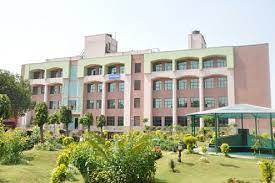
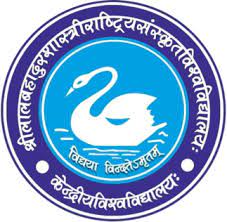

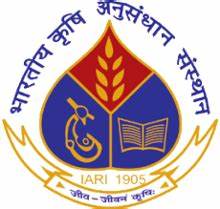


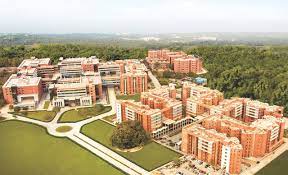




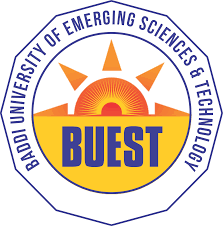

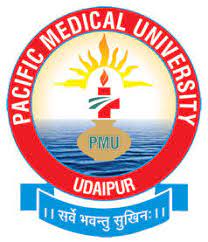

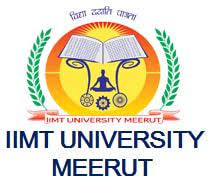
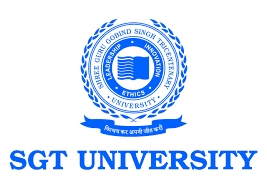

 back
back